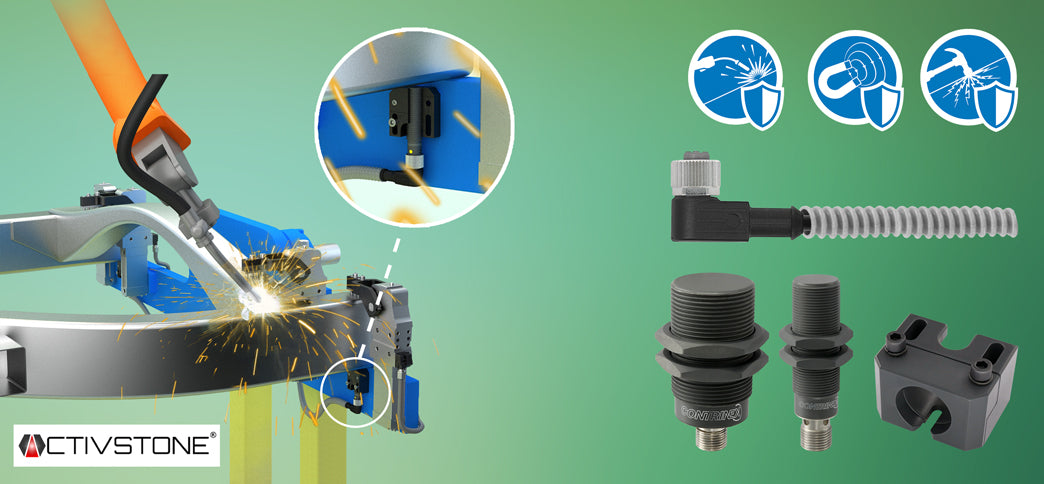In a bid to enhance efficiency and quality control in automotive welding, the introduction of spatter-resistant weld-immune sensors marks a significant milestone. These sensors, designed to ensure part presence and position accuracy, offer many benefits for manufacturers and customers alike.
The core advantages of these sensors lie in their ability to eliminate welding rejects and equipment damage by guaranteeing precise part positioning. This eradicates costly downstream scrap resulting from faulty assemblies that often go undetected. Moreover, manufacturers can expect extended service life and minimized maintenance costs, attributed to the innovative ACTIVSTONE™ ceramic coating featured in these sensors.
The utilization of spatter-resistant weld-immune sensors is particularly crucial in automotive chassis welding lines, where precision and reliability are paramount. With these sensors in place, manufacturers can streamline their operations, reduce production downtime, and ultimately deliver higher quality products to customers.
This technological advancement underscores the industry's commitment to innovation and underscores the pivotal role of sensor technology in modern manufacturing processes. As automotive manufacturers strive for greater precision and reliability, the adoption of spatter-resistant weld-immune sensors is poised to become a cornerstone of future welding practices.
